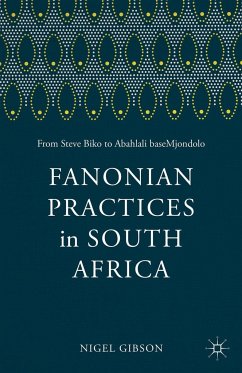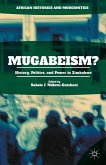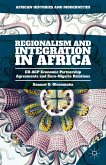Examines Frantz Fanon's relevance to contemporary South African politics and by extension research on postcolonial Africa and the tragic development of postcolonies. Scholar Nigel C. Gibson offers theoretically informed historical analysis, providing insights into the circumstances that led to the current hegemony of neoliberalism in South Africa.
"A highly important work that illustrates the relevance of Fanon's philosophy of liberation to the socio-economic and political developments in South Africa" - African Studies Quarterly
"Gibson's book is another serious piece of work on the state of post-apartheid South African society, which critics of the negotiated settlement that ended apartheid insist remains in the economic inequality that characterised the apartheid era." - Commonwealth and Comparative Politics
"This is a refreshing and imaginative reading of Frantz Fanon's groundbreaking thoughts regarding the theory and practice of revolutionary transformation. Nigel Gibson has found an exciting voice to re-energise the transformation discourse in post-apartheid South Africa." - City Press
"This book is of great value ... Gibson has also shown how a critique of independence at another time and place in Africa can aid our understanding of the current predicament." - New Agenda
"Gibson provides an analytical paradigm and a convincing argument that Fanon remains current and compatible with contemporary realities. Recommended." - CHOICE
"The book contains much of considerable theoretical value from one of the world's foremost Fanon scholars." - Psychology in Society
"Gibson's book is another serious piece of work on the state of post-apartheid South African society, which critics of the negotiated settlement that ended apartheid insist remains in the economic inequality that characterised the apartheid era." - Commonwealth and Comparative Politics
"This is a refreshing and imaginative reading of Frantz Fanon's groundbreaking thoughts regarding the theory and practice of revolutionary transformation. Nigel Gibson has found an exciting voice to re-energise the transformation discourse in post-apartheid South Africa." - City Press
"This book is of great value ... Gibson has also shown how a critique of independence at another time and place in Africa can aid our understanding of the current predicament." - New Agenda
"Gibson provides an analytical paradigm and a convincing argument that Fanon remains current and compatible with contemporary realities. Recommended." - CHOICE
"The book contains much of considerable theoretical value from one of the world's foremost Fanon scholars." - Psychology in Society








